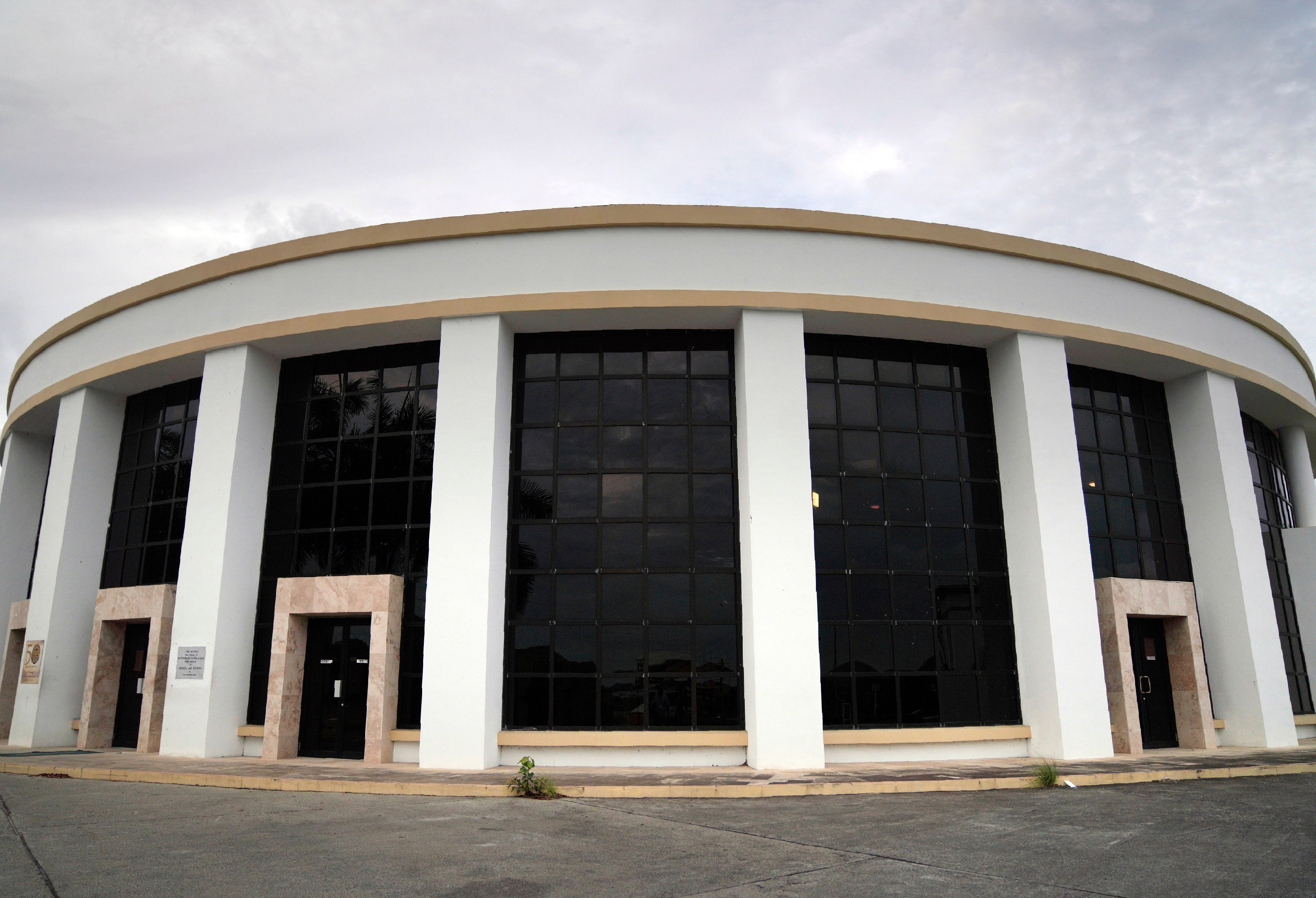At a glance: Laws in the Caribbean region that criminalize gay sex
Several Caribbean nations have struck down laws criminalizing same-sex relations in recent years

Your support helps us to tell the story
From reproductive rights to climate change to Big Tech, The Independent is on the ground when the story is developing. Whether it's investigating the financials of Elon Musk's pro-Trump PAC or producing our latest documentary, 'The A Word', which shines a light on the American women fighting for reproductive rights, we know how important it is to parse out the facts from the messaging.
At such a critical moment in US history, we need reporters on the ground. Your donation allows us to keep sending journalists to speak to both sides of the story.
The Independent is trusted by Americans across the entire political spectrum. And unlike many other quality news outlets, we choose not to lock Americans out of our reporting and analysis with paywalls. We believe quality journalism should be available to everyone, paid for by those who can afford it.
Your support makes all the difference.In recent years, several Caribbean nations have struck down laws criminalizing same-sex relations — some of them dating back to the European colonial era.
Courts in Belize in 2016 and Trinidad and Tobago in 2018 found such laws unconstitutional. Last year, the Eastern Caribbean Supreme Court also ruled Antigua and Barbuda's "Sexual Offences Act" unconstitutional. The case was filed by a gay man who was persecuted for his sexual identity. Just months after the ruling, St. Kitts & Nevis and Barbados, struck down similar laws that often sought long prison sentences. Other cases in the region are pending.
Still, discrimination against LGBTQ people persists across the conservative and mostly Christian Caribbean. Some lawmakers and religious leaders oppose the abolition of anti-gay laws, invoking God in their arguments and calling gay relationships a sin.
Same-sex consensual intimacy is still criminalized in six Caribbean countries, according to Human Rights Watch and the London-based organization Human Dignity Trust. The maximum penalties in these countries range from 10 years to life in prison.
The laws "are seldom enforced against consenting persons. And the specific legal provisions vary from country to country,” Human Rights Watch wrote. “But they share one common trait: they all give social and legal sanction for discrimination, violence, stigma, and prejudice against lesbian, gay, bisexual, and transgender (LGBT) individuals.”
Here's a quick look at the laws:
JAMAICA
Some LGBTQ-rights groups consider Jamaica the Caribbean nation most hostile to gay people. Jamaica’s government has argued that it doesn’t enforce its 1864 anti-sodomy laws. But activists say keeping these laws on the books stokes homophobia and violence against the LGBTQ community. The region’s leading human rights body agrees. Jamaica’s “Offences Against the Person Act" makes “the abominable crime of buggery” punishable by imprisonment and hard labor for up to 10 years.
DOMINICA
The “ Sexual Offences Act " criminalizes same-sex sexual activity between men as well as women with sentences of up to 12 years’ imprisonment.
GRENADA
The Criminal Code criminalizes “unnatural connexion" — broadly understood as sexual intercourse between men — with sentences of up to 10 years in prison. It also criminalizes “ grossly indecent acts ”, with up to two years in prison and/or a fine. “While the language is gender-neutral, only sexual acts between men are criminalized under this provision,” according to Human Dignity Trust.
GUYANA
Life imprisonment for anyone “who commits buggery, either with a human being, or with any other living creature.” Under the “Criminal Law (Offences) Act,” anyone who “attempts to commit buggery; or assaults any person to commit buggery; or being a male, indecently assaults any other male person,” could be imprisoned for up to 10 years.
ST. LUCIA
Under the 2004 “ Criminal Code of St. Lucia,” any act of “gross indecency” committed by people of the same sex is punishable by up to 10 years in prison. “Buggery” also punishable with a 10-year sentence.
ST. VINCENT AND THE GRENADINES
Criminalizes same-sex sexual activity between men as well as women with sentences of up to 10 years in prison. The 1990 “Criminal Code ” also punishes an “act of gross indecency with another person of the same sex” with up to five years in prison.
__
Associated Press journalist Danica Coto in San Juan, Puerto Rico, contributed to this report.
__
Associated Press religion coverage receives support through the AP’s collaboration with The Conversation US, with funding from Lilly Endowment Inc. The AP is solely responsible for this content.